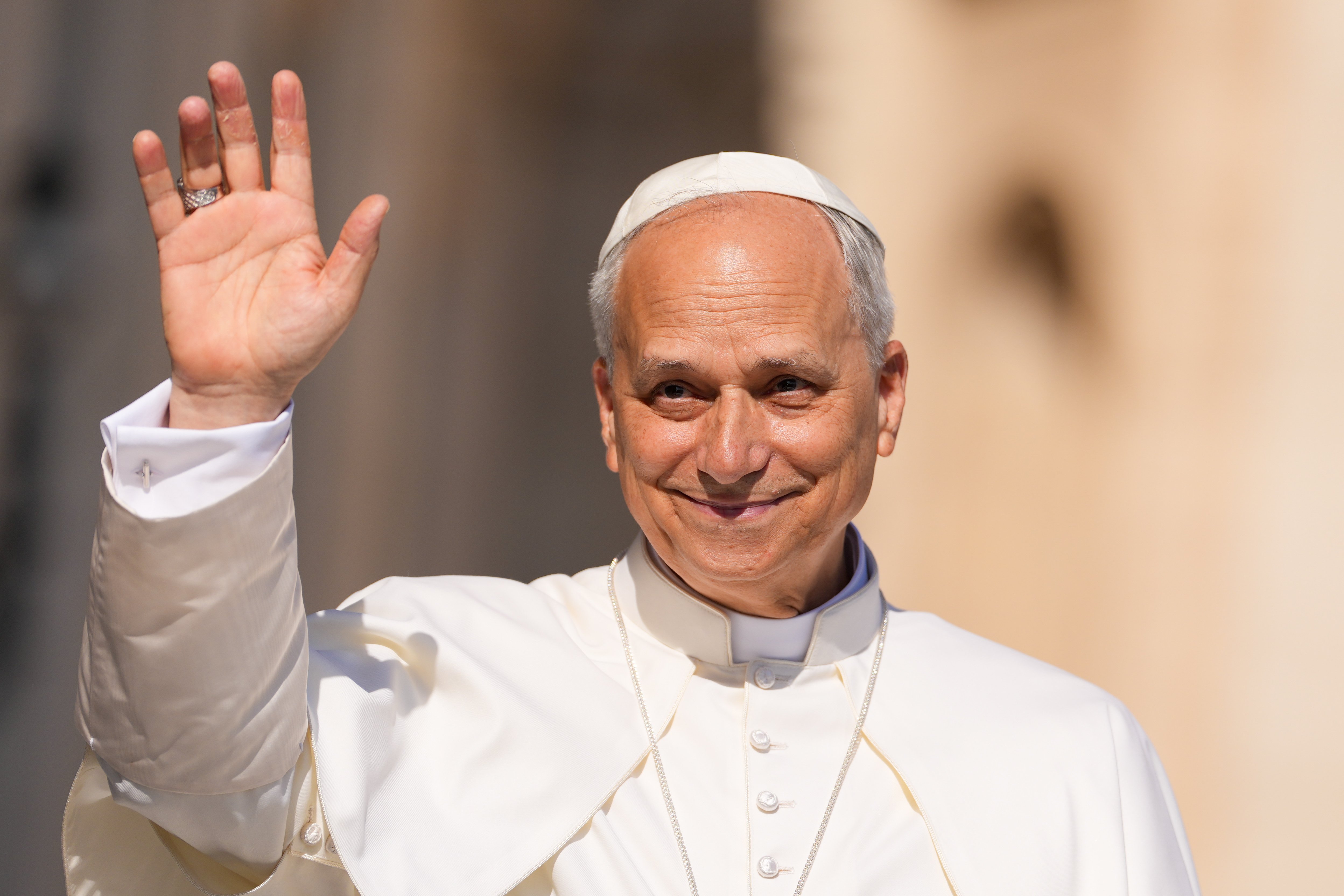April 6, 2018 at 1:53 p.m.
WORD OF FAITH
The spirit of Vatican II
'Whoever gives you a cup of water to drink because you bear the name of Christ will by no means lose the reward.' - Mark 9:41
Sunday's first and third readings (Numbers 11:25-29; James 5:1-6) dovetail perfectly with our upcoming celebration of Vatican II's 50th anniversary.
Standing with thousands of others in St. Peter's Piazza that Thursday morning in 1962, watching 2,500 bishops process into the basilica, I had no inkling of the changes the upcoming council was destined to bring about. At most, we liturgical "movers" would have been more than content if the bishops eventually permitted the two eucharistic Scripture readings to be proclaimed in the vernacular.
Of course, within just one week, everyone was surprised by what was happening. The council participants were deliberating in a spirit no one anticipated. Our Church has never been the same since.
That's one reason I'm surprised by the claims of some people today that there never was a "Vatican II spirit." According to them, the council is just the 16 documents the council issued, nothing more.
Spirit at work
I remind these individuals of what happened during a September 1963 workshop for North American College students by social justice priest Rev. John Cronin. At that point, the first council documents were still three months down the road; yet Father Cronin shocked us with a personal confession.
"Because of what's happened at the council," he said, "I now regard as serious sins some of the things I did as a young priest working in the National Catholic Welfare Conference office - especially copying and forwarding Vatican letters to bishops and priests informing them they had been silenced."
No document changed the famed Sulpician's morality. His turnabout could only have come from the spirit the council was surfacing.
Notice in our Numbers passage how Yahweh's spirit breaks through the rules Moses set up for reception of the spirit. Eldad and Medad weren't even present, yet they still received Yahweh's spirit.
No wonder Joshua wants them silenced. The pair is operating outside the accepted institutional envelope.
John must not have known about this event, or else he wouldn't have tried to stop someone "who does not follow us" from driving out demons in Jesus' name. It's clear from Jesus' unexpected response that He has a broader concept of the spirit's presence and work than some of His followers: "Whoever is not against us is for us."
It doesn't seem an accident that Mark's Jesus (Mark 9:38-43,45,47-48) follows with a warning about causing "one of these little ones who believe in me to sin." I presume at least one of our Christian leaders' sinful actions is trying to limit the work and recognition of Jesus' spirit.
Spirit in all
Because of our Church's hierarchical structure, it takes faith and courage for those exercising authority to remind themselves and their "little ones" that they don't control that spirit. As the council documents emphasized, that spirit can be found not only in all Catholics and in our "separated Christian brothers and sisters," but even in non-Christians, and eventually in all people.
Though we can identify with James' irritation with those in his community refusing to relate to the poor and disadvantaged as Jesus commanded us to relate, it's even more difficult to relate to them as the risen Jesus' spirit encourages us to relate. Frequently, that spirit expects us to go beyond institutional limits.[[In-content Ad]]
MORE NEWS STORIES
SOCIAL MEDIA
OSV NEWS
- Senate passes Trump’s ‘Big Beautiful Bill’; US bishops’ conference opposes
- Analysis: ‘Big Beautiful Bill’ portends ‘unprecedented’ impact on immigrants
- French woman hopes sharing mystical encounter with Minnesota Benedictine helps sainthood cause
- Bishops call for climate justice, reject ‘false solutions’ that put profit over common good
- Pope accepts resignation of Archbishop Rodi, names St. Louis auxiliary as successor
- OSV News the most-awarded Catholic newswire in 2025
- Children bear ‘heaviest toll’ in growing global conflicts, says Vatican diplomat at UN
- Pope to Ukrainian Greek Catholics: ‘God will have the last word,’ ‘life will conquer death’
- ‘We are in this together’: Recent Supreme Court rulings support parents in their vocation
- Idaho Catholics unite in prayer for firefighters killed in sniper ambush








Comments:
You must login to comment.